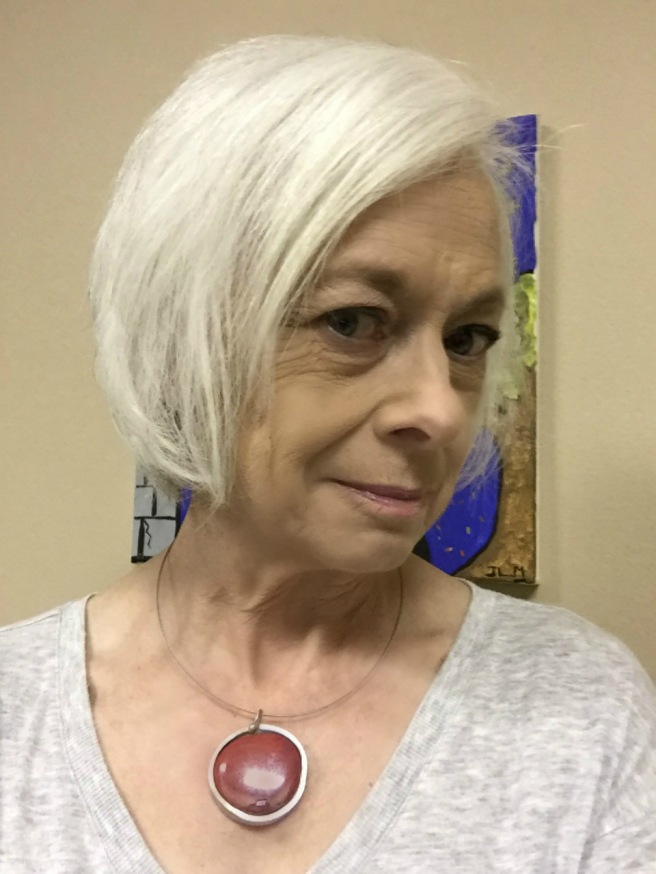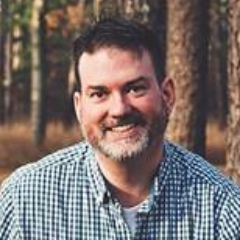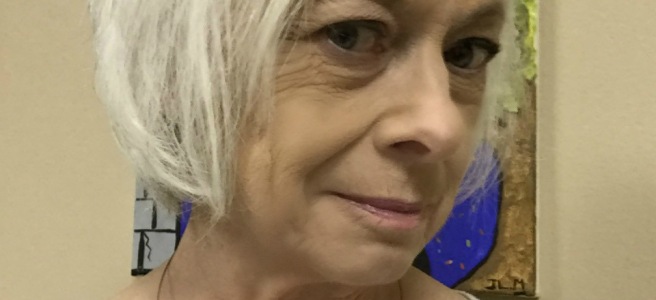. . . . in conversation with Randal Burd
Memoirs of a Witness Tree by Randal Burd was reviewed at The Poetry Cafe by Diane Elayne Dees, and, in turn, Dees’s chapbook, Coronary Truth, was reviewed by Burd. These two poets found that they had much in common, as you will see in this interview between them.
[M]y love of formal poetry—which I often write—is probably somewhat inspired by some of the poets, especially the Victorian poets, I studied in school.
Diane Elayne Dees
Randal Burd: I was recently privileged to have the opportunity to interview Diane Elayne Dees via email regarding her latest poetry collection, Coronary Truth (Kelsay Books, 2020). That conversation informed a review of her chapbook, but her answers to my questions are illuminating in their own right.
RB: What inspired you to become a poet; to decide to write poetry and have it published?
Diane Elayne Dees: I always enjoyed writing, but didn’t start doing it seriously until later in life. I did political and tennis writing, and I wrote and published a lot of creative nonfiction and short fiction. Then, suddenly, I went dry—I ran out of story ideas. I began to write poetry because I was frustrated and wanted to write something creative. To my surprise, I took to it almost immediately and have written little else, in terms of creative writing, for several years now. And since I was already a published nonfiction and fiction author, it didn’t even occur to me not to seek publication of my poetry.
RB: Who are some of your favorite poets? Which poets have inspired your writing?
DED: My very favorite poet is Edna St. Vincent Millay. I also like reading Rumi, Emily Dickinson, Matthew Arnold, and Mary Oliver. Two of my favorite contemporary poets are Jennifer Reeser and Allison Joseph. I’m not aware of my own poetry having been directly inspired by any poet in particular, but I think that my love of formal poetry—which I often write—is probably somewhat inspired by some of the poets, especially the Victorian poets, I studied in school.
RB: What is your process for writing poems? Is it deliberate and scheduled or as the inspiration comes?
DED: It’s generally as the inspiration comes. However, I recently participated in two projects which required the scheduled writing of poems, and I was amazed at what that bit of pressure produced. I’ve no doubt that scheduling writing time would be a good idea—I just need to find the discipline.
RB: I notice you draw a lot of inspiration from nature. Do you spend a lot of time outdoors?
DED: I grew up near a lake, with woods right beyond my back yard, and I now live in a natural setting. Just about every day, I go outside to observe the birds and insects and other creatures, and to photograph them. I don’t garden as much as I used to, but I still tend to a number of plants. Also, my house is filled with images of the natural world.
RB: Is the reader wrong to assume many of these poems have an autobiographical element to them?
DED: Many of them are indeed autobiographical.
RB: Do you personally find writing poetry to be a cathartic process?
DED: I do! I find several different kinds of writing cathartic, but the poem—by virtue of its distillation of thought, melded with sound and rhythm—creates a total body experience of satisfaction/relief that is hard to explain to someone who has never created a poem. My hope is that the reader will also experience some of that.
RB: You have published a “progressive” blog, written for Mother Jones, and authored political essays, yet your poetry does not seem to be overtly political. What do you think of politics as poetic muse?
DED: I write and publish a lot of political poetry, but none of it appears in this chapbook. For me, social/political issues provide an endless supply of topics for poems, and writing about topics important to me is now my way of contributing to the conversation. However, those topics about which I’m the most passionate remain difficult poetic subjects for me to write about; my emotions get in the way. And—to return to the last question—writing poetry about social issues is quite cathartic.

Diane Elayne Dees’s poetry has been published in many journals and anthologies. Diane is the author of the chapbook, Coronary Truth (Kelsay Books) and the forthcoming chapbook, I Can’t Recall Exactly When I Died. Diane, who lives in Covington, Louisiana, also publishes Women Who Serve, a blog that delivers news and commentary on women’s professional tennis throughout the world. Her author blog is Diane Elayne Dees: Poet and Writer-at-Large.

Randal A. Burd, Jr. is an educator and the Editor-in-Chief of the online literary magazine, Sparks of Calliope. His poetry has received multiple awards and has been featured in numerous literary journals, both online and in print. Randal’s 2nd poetry book, Memoirs of a Witness Tree, is now available from Kelsay Books and on Amazon.
Risa Denenberg is the Curator at The Poetry Cafe.

